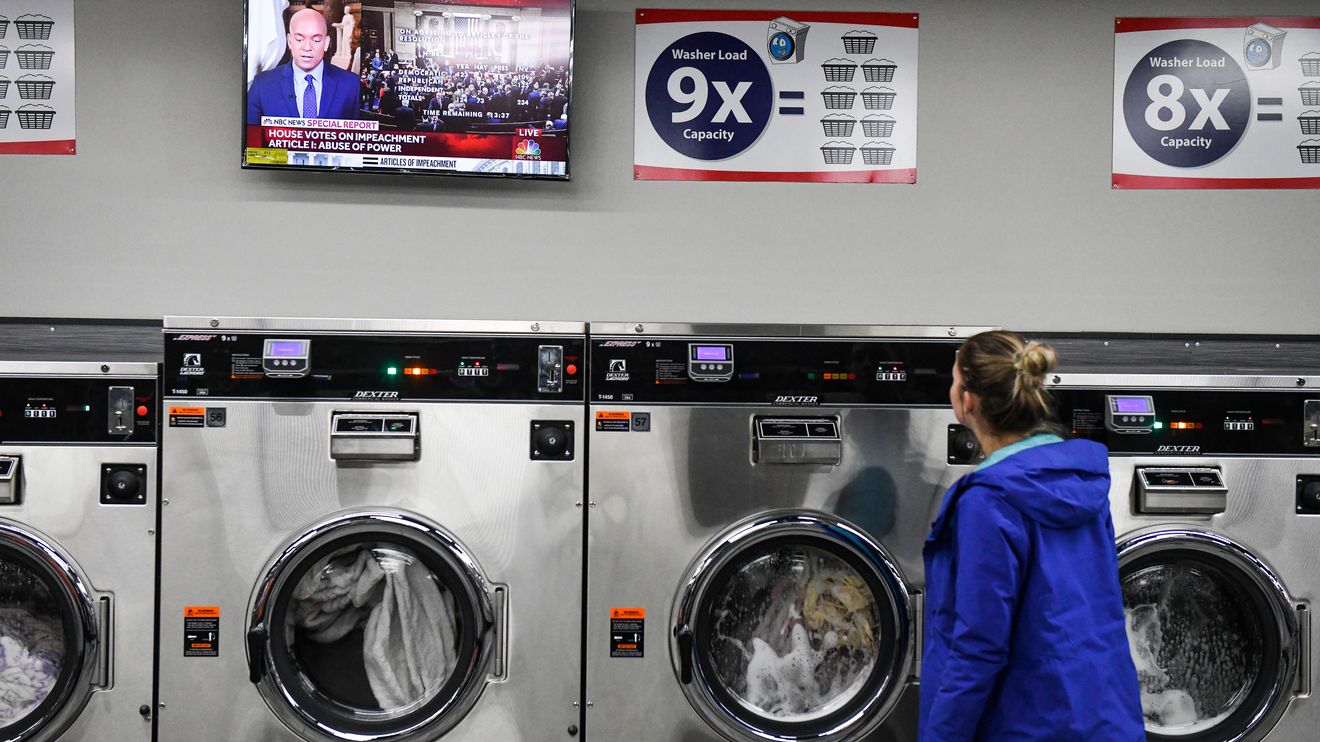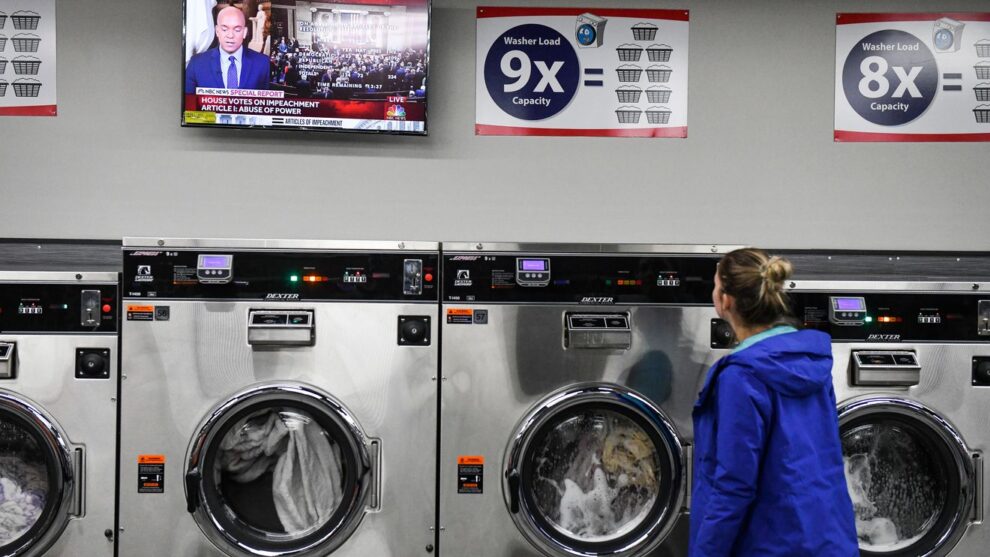
Most U.S. adults have heard or seen falsehoods about COVID-19, but their chances of believing the misinformation depends a lot on their news diet.
Some 78% of U.S. adults said they either believe at least one myth about COVID-19 or are unsure whether at least one is true or false, according to the latest study tracking public opinions about COVID-19 from the Kaiser Family Foundation.
Belief in COVID-19 falsehoods tracked with political persuasion and vaccination status, with Republicans who are not vaccinated “much more likely to believe or be unsure about” false statements compared with Democrats who are vaccinated, KFF found. KFF is a nonpartisan San Francisco–based nonprofit that provides information on health policy.
Researchers also found a correlation between the news outlets that people trusted for COVID-19 information and their tendency to believe untruths about the pandemic, which currently kills an estimated 1,200 Americans each day.
Coronavirus Update: WHO highlights that Europe is only region with rising COVID cases and deaths, as Russia overtakes U.S. for most fatalities in a week
There’s no news outlet that a majority of the public trusts
Among people who said they trust COVID-19 information from network news, local TV news, CNN, MSNBC and NPR, a relatively small share (11% to 16%) either believe or aren’t sure about at least four COVID-19 myths. That share increased to nearly four in 10 among people “who trust COVID-19 information from the more conservative-leaning One America News (37%) and Fox News (36%), and to nearly half (46%) among those who trust information from Newsmax.”
Critically, the study did not explore whether falsehoods were expressed on those networks — it merely tried to measure the susceptibility or, indeed, vulnerability of their audiences to believe debunked myths surrounding COVID-19. In other words, it’s not necessarily the case that the outlets whose audiences are more likely to believe falsehoods are more likely to broadcast misinformation, the researchers noted.
“One thing this study cannot disentangle is whether this is because people are exposed to misinformation from those news sources, or whether the types of people who choose those news sources are the same ones who are pre-disposed to believe certain types of misinformation for other reasons,” the study authors wrote.
“It’s not necessarily the case that the news outlets whose audiences are more likely to believe COVID-19 myths are more likely to broadcast misinformation, the researchers noted.”
While nearly half the public trusts the information about COVID-19 they see on local TV and network news, there is no single news outlet that “garners the trust of a majority of the public when it comes to COVID-19 information,” KFF found.
Media representatives for ABC DIS, -8.63%, CBS VIACA, -0.05%, CNN T, +0.30%, MSNBC CMCSA, -0.34%, One America News, NBC, Newsmax and NPR did not respond immediately to requests for comment.
A Fox News spokesperson pointed to previous research, including a University of California, Davis, study that concluded that while people who rely on Fox News for COVID-19 information were less likely to get vaccinated than CNN and MSNBC viewers, the networks’ audiences did not differ in their overall knowledge about the vaccine. There was also “no significant difference in acceptance of vaccine conspiracy beliefs between Fox News and CNN/MSNBC viewers,” the study, based on a survey conducted in June 2020, found.
The Fox News spokesperson also noted that Fox host Neil Cavuto recently urged viewers to get their shots after he contracted COVID-19, despite being fully vaccinated.
MarketWatch publisher Dow Jones is a division of News Corp NWSA, +1.23%, which shares ownership with Fox News parent Fox Corp. FOXA, -0.37%.
Key Words (November 2019): Media bias is real, admits Politico’s founding editor — it’s just not what you might think it is
COVID-19 myths
The most prevalent myth about COVID-19 among the KFF survey respondents was that the government is exaggerating the number of deaths from the pandemic because it has counted deaths from other causes as COVID-19 deaths.
KFF also asked people whether they believed the following falsehoods: Pregnant women should not get the COVID-19 vaccine; deaths due to the COVID-19 vaccine are being intentionally hidden by the government; the COVID-19 vaccines have been shown to cause infertility; ivermectin is a safe and effective treatment for COVID-19; you can get COVID-19 from the vaccine; COVID-19 vaccines contain a microchip; and COVID-19 vaccines can change your DNA.
Parents are split on vaccines for kids
The KFF findings come as an estimated 58.4% of the U.S. population has been fully vaccinated against COVID-19, according to the U.S. Centers for Disease Control and Prevention. Some 16% of U.S. adults say they will definitely not get vaccinated against COVID-19, according to a separate survey by KFF.
Parents are split on whether they’ll get their children vaccinated, with about one-third saying they’ll do it as soon as possible, another third saying they don’t plan to ever get their children vaccinated, and a third taking a “wait and see” approach, according to a separate KFF survey.
That survey was conducted in October, before the FDA and CDC authorized the Pfizer PFE, +1.18% and BioNTech BNTX, -1.89% 22UA, -2.05% vaccine for 5- to 11-year-olds.




